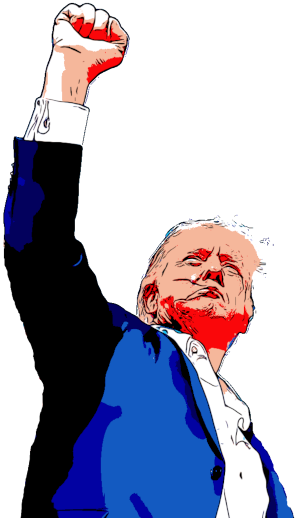Rep. Greene Confronts NPR CEO Maher Over Alleged Bias and Censorship
Rep. Marjorie Taylor Greene grilled NPR CEO Katherine Maher during a heated DOGE subcommittee hearing, focusing on Maher’s past statements and alleged bias in public media.
During a contentious DOGE subcommittee hearing on Wednesday, Rep. Marjorie Taylor Greene (R-Ga.) took NPR CEO Katherine Maher to task over what Greene described as biased content and pro-censorship views within publicly funded news outlets. The hearing also featured testimonies from PBS CEO Paula Kerger and two other witnesses, centering around the broader issue of alleged ideological and partisan coverage in public media.
Greene criticized Maher’s previous role at Wikipedia, accusing the platform of not telling the truth. She then delved into Maher’s personal social media statements, highlighting Maher’s labeling of former President Donald Trump as a “deranged, racist sociopath” and her comments on America’s supposed addiction to White supremacy, which Greene found “appalling.” Additionally, Greene referenced Maher’s views on gender terminology as “erasing language” for non-binary people.
The Georgia representative emphasized that NPR’s federal funding comes from all American taxpayers, including the 77 million who voted for Trump. She argued that Maher’s views are not representative of all Americans who fund the outlet. Greene further accused Maher of holding pro-censorship and anti-free speech views, citing Maher’s 2021 statement that the First Amendment was the “No. 1 challenge in American journalism” because it hinders crackdowns on “bad information.”
Maher attempted to defend herself, asserting her strong belief in free speech, but Greene was quick to counter, pointing out Maher’s public statements that suggest otherwise. The confrontation escalated when Greene accused Maher of censoring information related to the COVID-19 pandemic during her time as Wikipedia’s CEO, a claim Maher denied.
The hearing underscores ongoing tensions between conservative lawmakers and publicly funded media, reflecting broader debates about media bias, censorship, and the role of public funding in journalism. As these discussions continue, the scrutiny on figures like Maher is likely to intensify, raising questions about the balance between free speech and editorial responsibility in public media.

